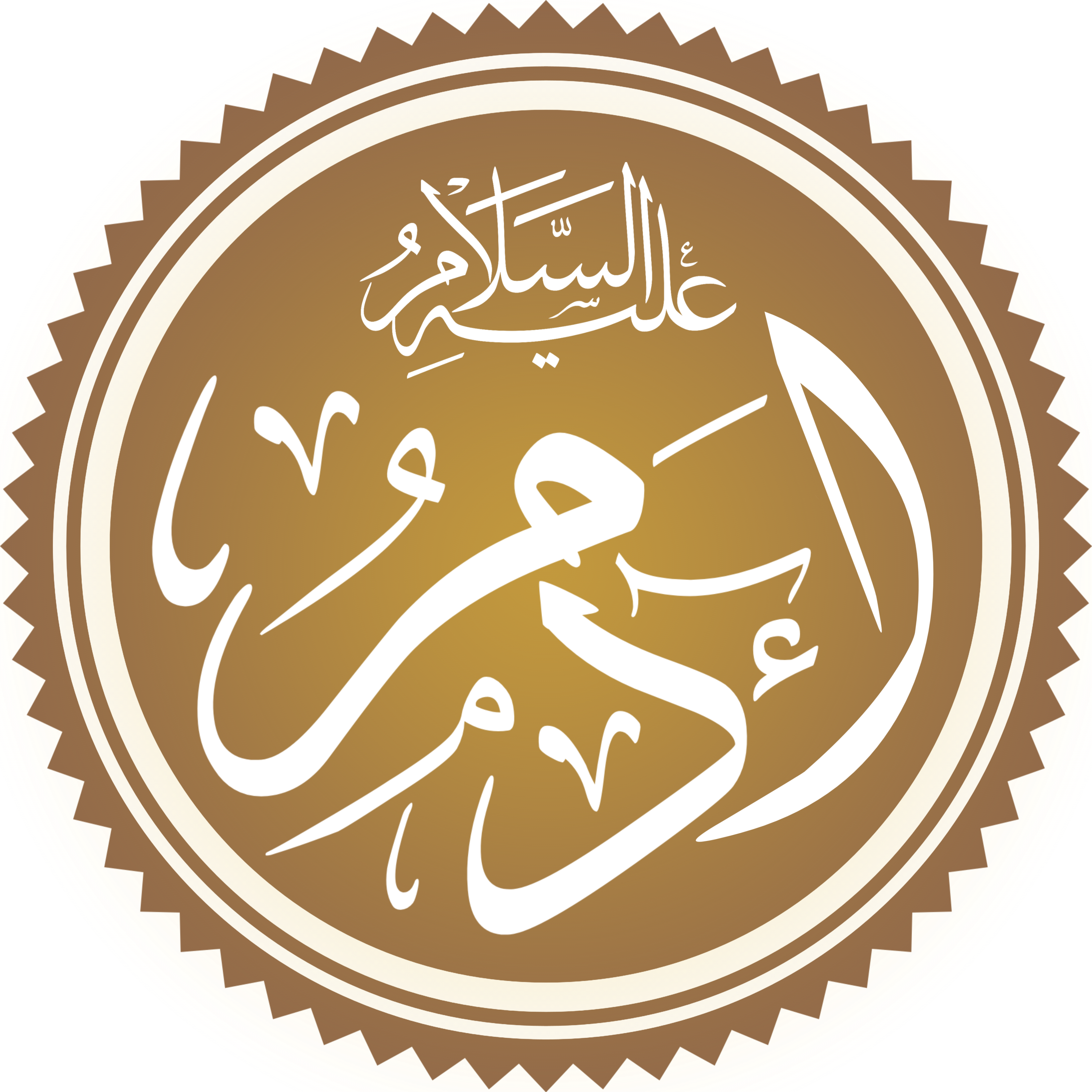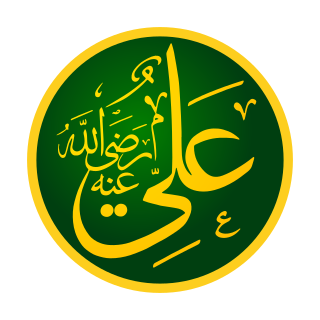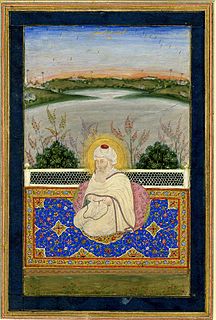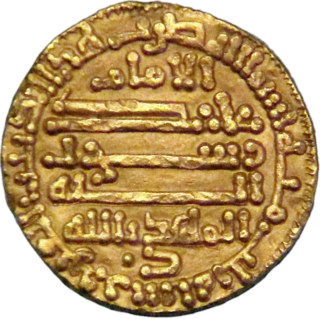It has been requested that the title of this article be changed to Imamate in Ismaili doctrine . Please see the relevant discussion on the discussion page. The page should not be moved unless the discussion is closed; summarizing the consensus achieved in support of the move. |
The doctrine of the Imamate in Isma'ilism differs from that of the Twelvers because the Isma'ilis had living Imams for centuries after the last Twelver Imam went into concealment. They followed Isma'il ibn Jafar, elder brother of Musa al-Kadhim, as the rightful Imam after his father, Ja'far al-Sadiq. [1] The Ismailis believe that whether Imam Ismail did or did not die before Imam Ja'far, he had passed on the mantle of the imamate to his son Muhammad ibn Isma'il as the next imam. [2]

Ismāʿīlism is a branch of Shia Islam. The Ismāʿīlī get their name from their acceptance of Imam Isma'il ibn Jafar as the appointed spiritual successor (imām) to Ja'far al-Sadiq, wherein they differ from the Twelvers who accept Musa al-Kadhim, younger brother of Isma'il, as the true Imām.

Twelver or Imamiyyah is the largest branch of Shia Islam. The term Twelver refers to its adherents' belief in twelve divinely ordained leaders, known as the Twelve Imams, and their belief that the last Imam, Muhammad al-Mahdi, lives in occultation and will reappear as the promised Mahdi. According to Shia tradition, the Mahdi's tenure will coincide with the Second Coming of Jesus Christ (Isa), who is to assist the Mahdi against the Masih ad-Dajjal.

Imamate is a word derived from imam and meaning "leadership". Its use in theology is confined to Shia. An imam is the head or leader of an imamate and is similar to a caliph or khalifah with one major difference: While a caliph is more of a political head of a state, the imam is a religious as well as a political head of a group of people. While the caliph cannot change the religious laws and their jurisprudence, an imam also can not change the original religious laws but can derive verdicts based on Quran, Tafseer, Ahadith and Prophet's Sunnah as per new requirements or new problems faced.
Contents
- The Seven Imāms
- Qarmatian - Imamāte of Seven Imāms[3]
- Early beliefs
- The first seven Mustaali and Nizari imams
- Taiyabi Mustaali and Nizari imams
- Imams after Muhammad ibn Isma'il
- References
Aqidah |
|---|
 |
| Including: 1 Salafism (Ahl-i Hadith & Wahhabism) 2 Sevener-Qarmatians, Assassins & Druzes 3 Alawites, Qizilbash & Bektashism;4 Nukkari 5Ajardi, Azariqa, Bayhasiyya, Najdat & Sūfrī 6 Bahshamiyya, Bishriyya & Ikhshîdiyya 7 Alevism, Bektashi Order, Qalandariyya & various Sufi orders |

















